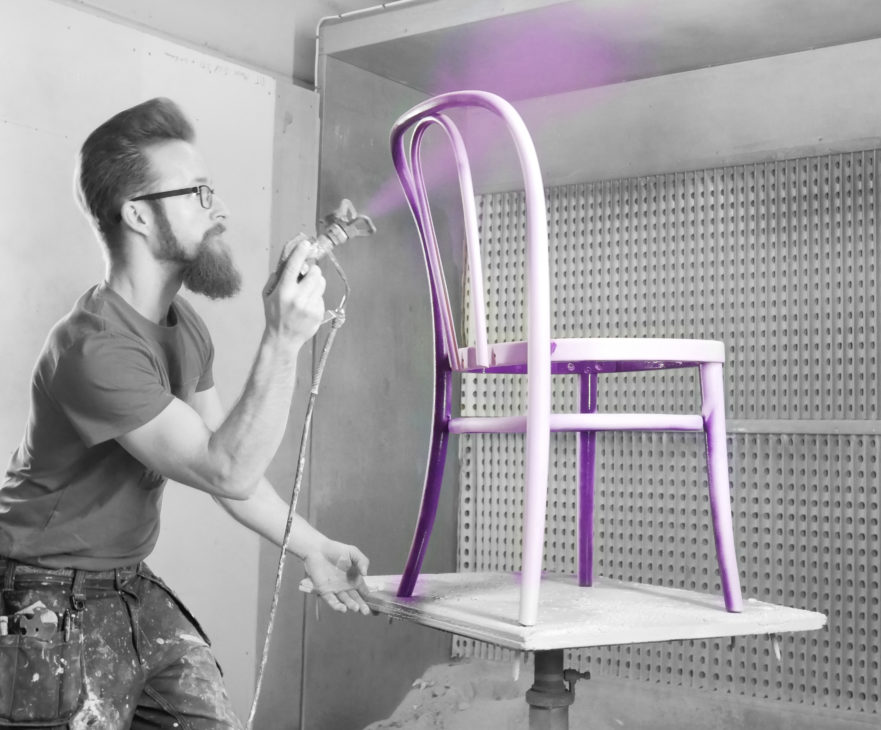We invite everyone to familiarize yourself with the another case study created within the Circular Public Procurement.
Sajkla is a company focused in creating a one-stop shop for refurbished furniture. They do so by providing multiple services, like consultancy, retail space, education programs, storage and transportation. They facilitate the interaction between users interested in refurbishing furniture and potential suppliers.
Circularity of business model:
Sajkla reuses material flows by facilitating the life-extension of furniture. Through their digital market, they connect users interested in refurbishing their furniture with their network of suppliers capable of conducting high quality renovation works. They allow users to upload pictures and information of their furniture and return them a quote from their network of suppliers. Their website also functions as a retail center for refurbished furniture where customer can purchase from a pre-defined selection.
In addition, they provide consultancy services (for example, inventory analysis) in order to advice their customers in regards to the potential of their furniture to be refurbished. In some cases, they can acquire furniture directly from users, refurbish it and re-sell it through their website.
Other benefits:
Sajkla is located in a small region of Sweden, with a long tradition of furniture handcraft, where multiple furniture suppliers, capable of conducting refurbishing work, are geographically closely. This allows them to draw from different expertise in terms of the type of furniture expected to be refurbished. Furthermore, by developing the remanufacturing market alongside with original producers, it also allows them (the suppliers) to understand how to design new furniture that is easily refurbished in the future.
By facilitating and developing the market of refurbished furniture, they benefit both potential buyers of refurbished furniture but also current users of furniture interested in refurbishing and not purchasing new. Furthermore, re-manufacturing which is characterized by generating more job positions than raw material extraction.
Main Barriers:
The strong focus of the public sector on specific labels for furniture can represent a barrier for purchasing refurbished furniture because of the impossibility to track down all the materials included in the old piece of furniture. Not only that, it also makes it impossible for the public sector to also refurbish their own furniture.
Besides regulations, there are cultural barriers for the use of refurbished furniture, for example, some people might still associate them with old furniture. Lastly, there is limited information and marketplaces specialized in refurbished furniture



